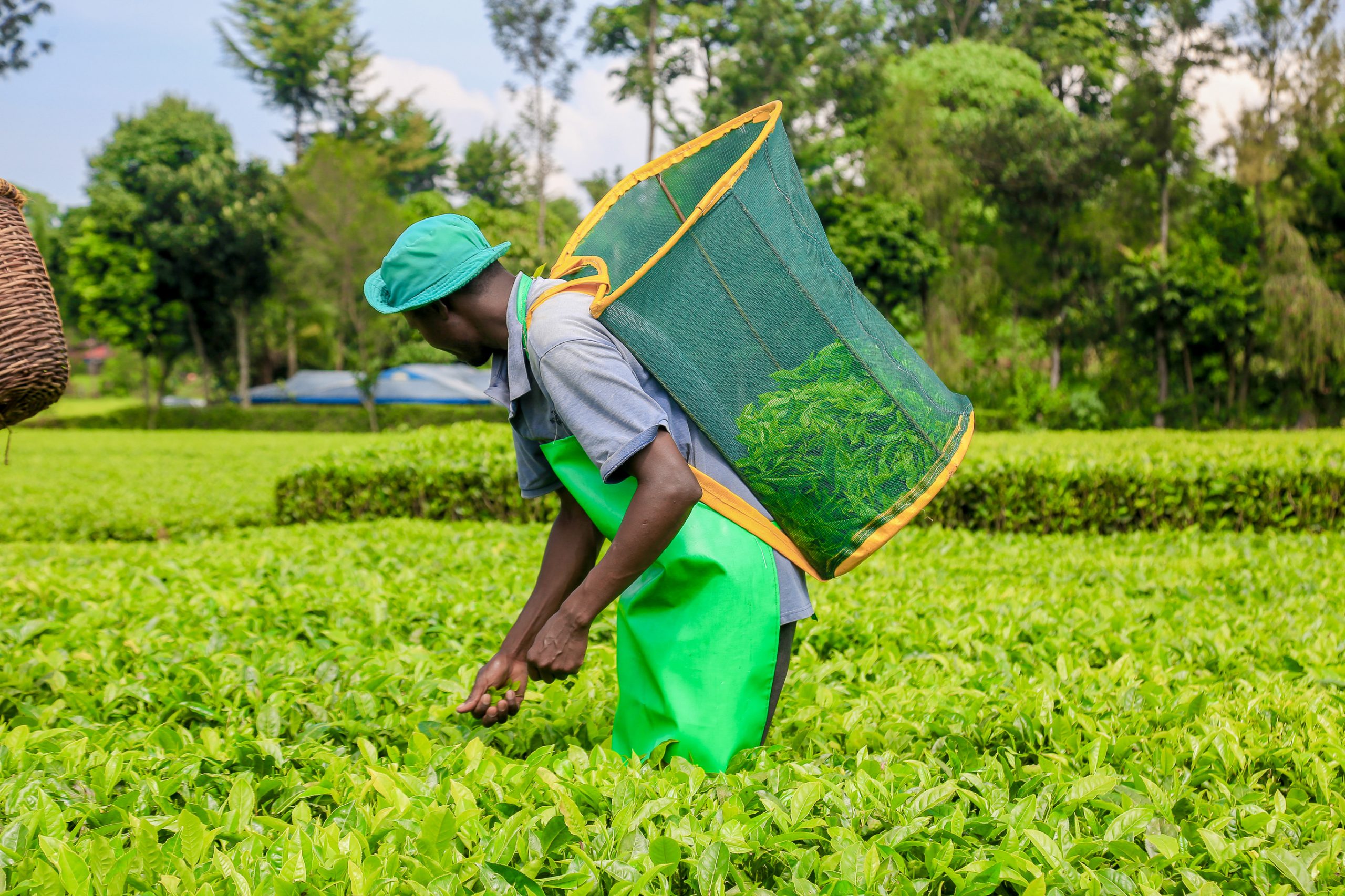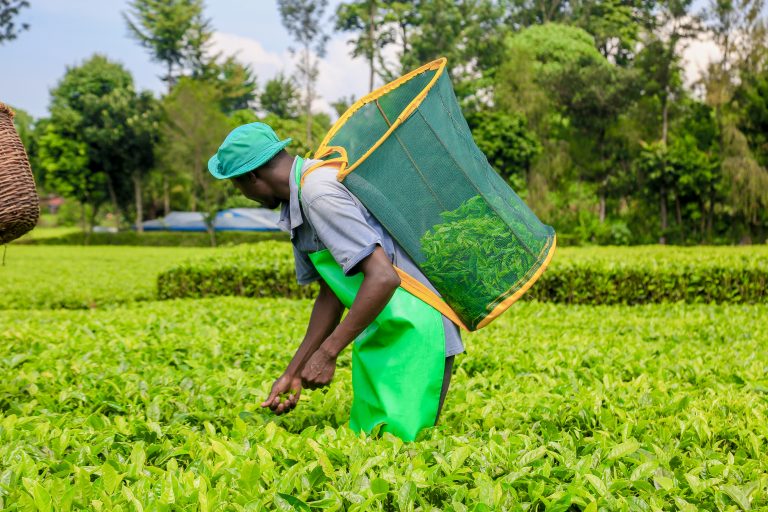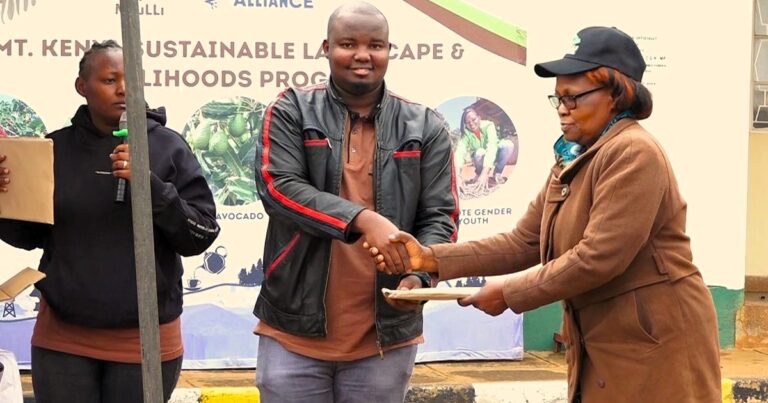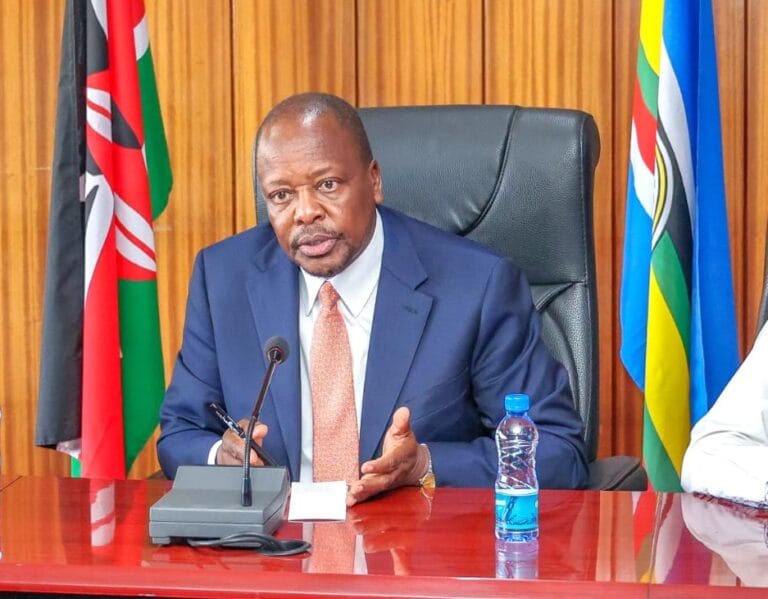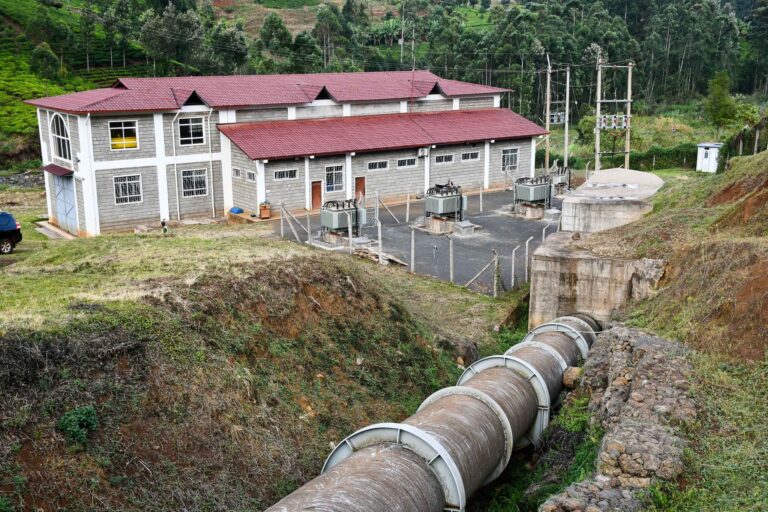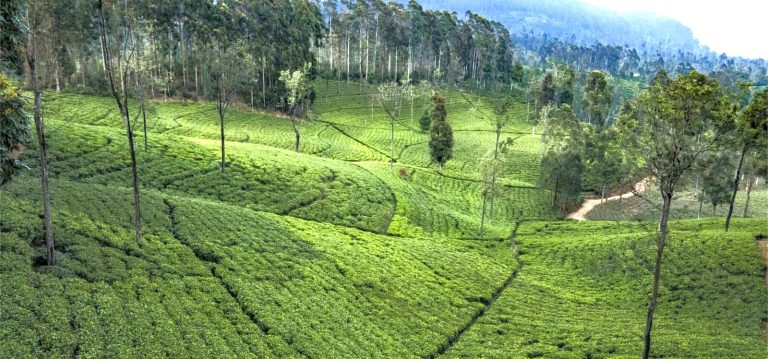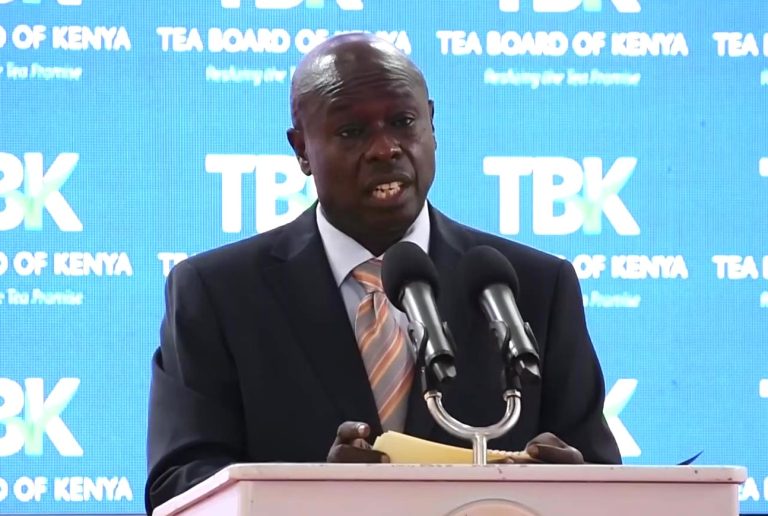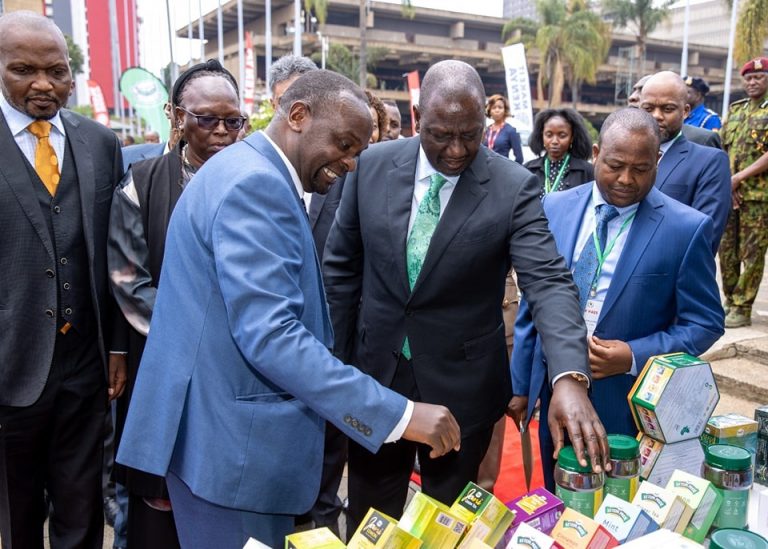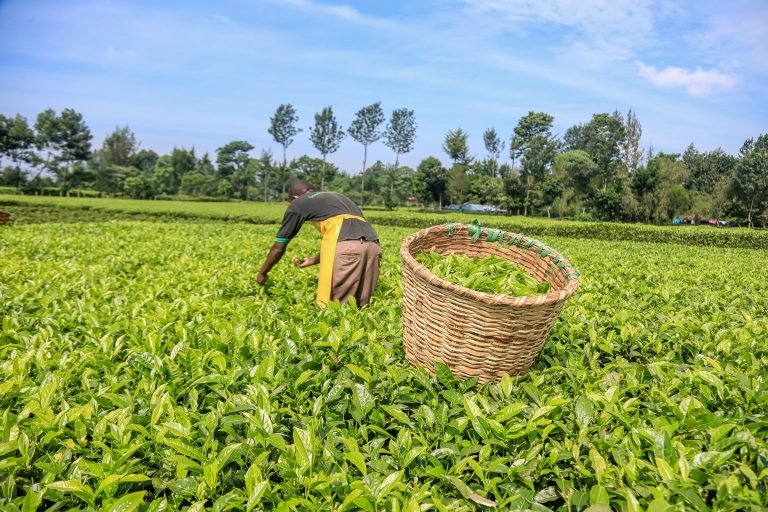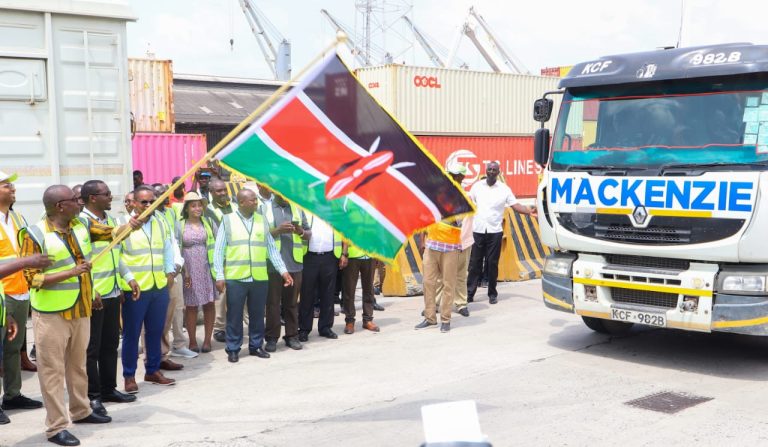Small-scale tea farmers have been encouraged to improve the quality of their produce to secure better markets and increase their income.
Tea Board of Kenya (TBK) Chief Executive Officer Willy Mutai, speaking in Mombasa during a tea stakeholders’ consultative meeting, commended farmers for progress made so far, describing the findings of a Tea Quality Validation Report as “impressive.”
The report analysed 210 samples of prime and primary grades from small-scale factories managed by the Kenya Tea Development Agency (KTDA). Mutai noted that while significant improvements had been observed, more work was still needed.
“The only challenge that gives us some small issues that we have to address is the manufacturing side. We need to go back to the factories to have more tea makers understand that tea sells based on the leaf appearance. If it’s plucked, it sells. Again, liquor and infusion are some of the issues. When it sums up, it attracts the price,” he said.
The validation exercise was aimed at encouraging farmers to prioritise quality to attract higher returns.
Mutai stressed the importance of collective action within the industry to sustain improvements. “We need to put in more effort so that we can realise better prices in the auction,” he said, adding that prices at the auction were already rising.
He also appealed to the Mombasa County government to reconsider the Sh7,000 levy imposed on trucks ferrying tea, arguing that it was an unnecessary burden on farmers.
“It is a huge cost to the farmer. For every 21,000 kilograms ferried to Mombasa, the farmer loses about Sh0.5 from their bonus,” Mutai noted, pointing out that nearly 400,000 truck trips are made annually from upcountry to Mombasa.
East Africa Tea Trade Association (EATTA) Managing Director George Omuga echoed the call for improved quality, noting that tea from ten African countries including Kenya, Uganda, Rwanda, Burundi, Tanzania, Mozambique, Malawi, the Democratic Republic of Congo, and Ethiopia is sold at the Mombasa auction, where quality remains a key determinant of price.
He disclosed that five judges conducted a sensory evaluation of different teas, highlighting the direct link between raw materials and final cup quality.
“The results are out, and it is very evident that the quality of raw materials from the farm has a direct influence on the cup quality and other tea parameters,” Omuga said.
He further noted that external factors beyond farmers’ control also play a role in price fluctuations. “When they are not stable, like currently, the Middle East is not stable; we have issues with the Red Sea, war between Russia and Ukraine, and other geopolitical factors directly affecting the prices at the Mombasa tea auction,” he explained.
Omuga urged Kenyans to embrace tea consumption locally, observing that only 5 per cent of annual production is consumed domestically while 95 per cent is exported. Last year, Kenya produced 598 million kilograms of tea.
To boost value addition, Omuga said EATTA has partnered with the government to make packaging more affordable. “The government has also removed Value Added Tax (VAT) on locally consumed tea. So, currently, the tea bought and packaged locally is zero-rated, and this has been done with the intention of spurring the local consumption percentage to make sure we don’t over-rely on the export market,” he said.


